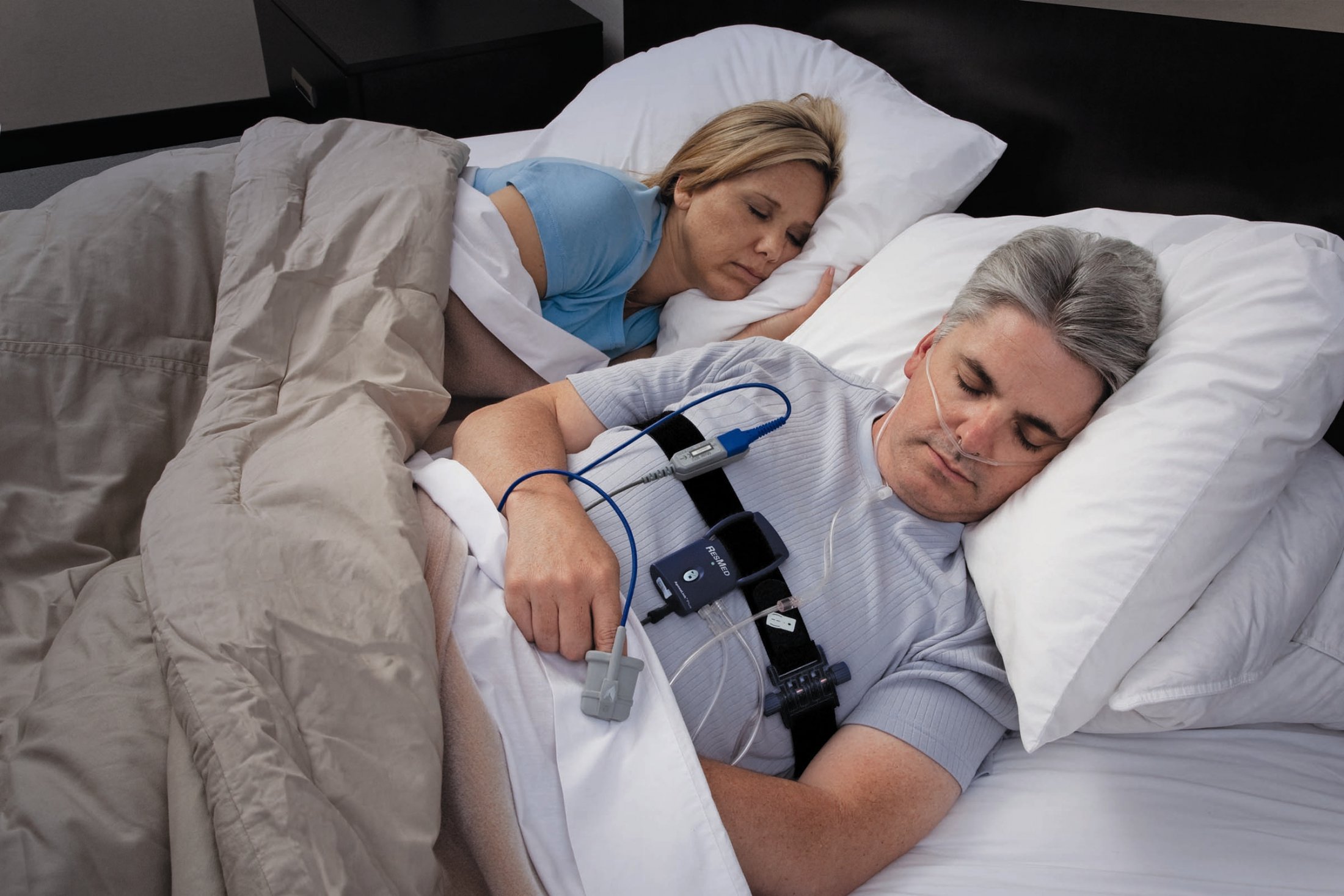If you snore loudly, your doctor may recommend a sleep study to help diagnose the source of your sleep issues. In many cases, this type of sleep study can be performed at home.
In this blog, the sleep specialists at New York ENT in NYC provide the information you need to help you learn whether you may a good candidate for a home sleep study:
What is a home sleep study?
A sleep study is a noninvasive test that can be performed at home or in a hospital or sleep lab. It collects specific, measurable data about what happens to your body during sleep.
What does it involve?
Your sleep doctor will instruct you on how to use the equipment required for a home sleep study and will answer any questions you may have. You’ll be given sensors to apply to your body before you go to sleep on anywhere from one to three nights, and they’ll be connected to a machine that receives data, downloads it, and processes it for interpretation by your sleep doctor. The equipment collects data that includes your nasal and oral airflow, respiratory effort, and blood oxygen levels.
On the day or days when your sleep study is being conducted, you should try to avoid napping as well as the use of caffeine after lunch. You should also try to follow your regular routine as much as possible.
After you wake up, you can remove the sensors.
Who makes a good candidate for a home sleep study?
You may make a good candidate for a home sleep study if your doctor suspects that you have obstructive sleep apnea. This potentially dangerous sleep disorder is characterized by blocked airways that cause repeated pauses in your breathing as you sleep, and you may not even be aware that this is happening. Often a patient first becomes aware of a problem when a sleep partner complains of loud snoring or gasping sounds during sleep.
If you have obstructive sleep apnea, you may have symptoms such as excessive daytime sleepiness, chronic loud snoring, gasping or choking sounds at night, and morning headaches. In addition, if it remains untreated, obstructive sleep apnea can increase your risk of several serious chronic health issues, such as type 2 diabetes and cardiovascular disease.
A sleep study is the only way to definitively diagnose the presence of obstructive sleep apnea, enabling you to receive treatment such as a CPAP (continuous positive airway pressure) machine. The study can also rule out a diagnosis of obstructive sleep apnea, indicating a different cause for your symptoms and the need for a different type of treatment.
What are the benefits of an at-home sleep study?
An at-home sleep study offers the following benefits:
- More comfortable and convenient than a sleep study at a hospital or other facility
- Less costly
- Enables you to be in your familiar surroundings and makes it easier to get a typical night’s sleep
- Helpful for people who have children at home who need a caregiver, for the elderly, or for people who require specialized care at night
- Yields similar results to sleep lab-based sleep studies when diagnosing obstructive sleep apnea
- Easier to perform a multi-night study
If you snore loudly or have other symptoms associated with obstructive sleep apnea, contact us today for a consultation with New York ENT. We can tell you more about home sleep studies and schedule one for you if it’s appropriate.




